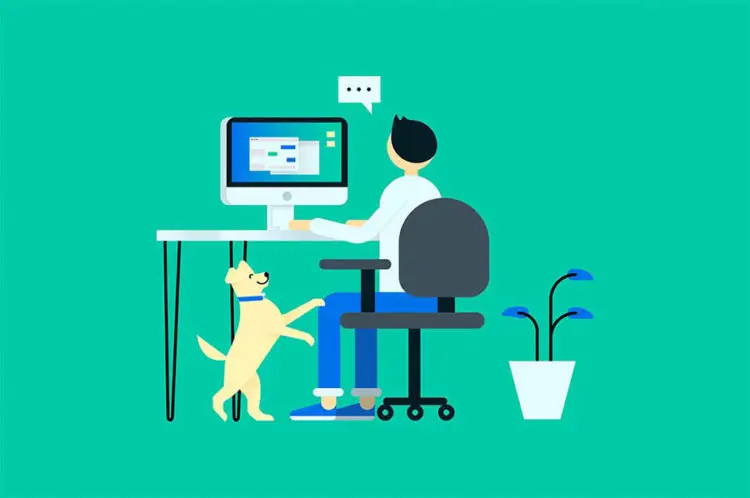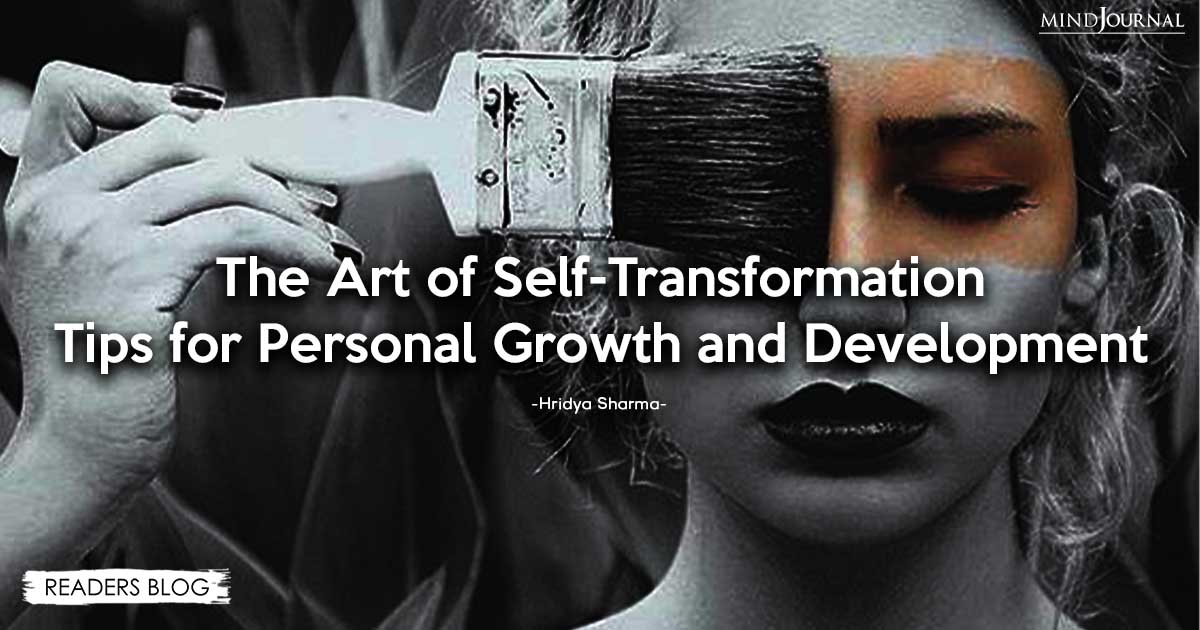There has been an increasing trend towards working remotely in recent years, with more and more people working from home part or all of the time. Recent events have seen a huge upswing, with huge numbers of people now working from home, in many cases quite unexpectedly.
As this rolls out, many are discovering the advantages of working from home, such as not having to deal with office politics, or workplace health and safety issues. However, working from home can have a number of challenges. In particular, there are many distractions in this situation, and efficiency can be compromised.
Here are 7 tips for being more efficient when working from home.
1. Keep a routine
Uncertain times can be play havoc with our concentration and our emotional wellbeing. You can insert some certainty into your life by setting you’re a strict schedule and sticking to it. This consistency will help you to keep focused and more efficient.
The great thing about working from home is that you have control over your schedule. You will have to consider certain factors, however, such as when your boss expects you to be available, and when you need to be available to customers and clients. However, apart from this, you can set you schedule for the times of the day that you are the most productive.
2. Block out your time
As part of planning your schedule, be sure to block out your time in sections. Block out certain times to do different kinds of tasks, such as replying to emails, and other time for more in-depth work. This will help you to keep focussed and by efficient within each timeblock.
This should also include have a clear distinction between personal and work time. If you don’t, it could be easy for work and personal time to bleed together, not only making your work less efficient, but also take over your personal life too. Structure your time to make sure when you are working you are 100% focussed on work, and not doing personal tasks. Similarly, make sure that you stop work at a certain time, and be firm not to work in your personal hours.
3. Use productivity tools
In our modern age of technology, we are blessed with a number of tools and applications that help us to be more productive and efficient. For example, Gubb lets you create powerful lists to organise your tasks and track information. There are also some great project management tools like Trello and Asana, and communication tools like Slack, to keep you connected with your co-workers.
4. Create a work space
Having a designated work space will help to keep you productive. Set up a separate area that you use for work, as this will signal your brain that it is time for work, and make you more efficient when you are in this space.
The quality of your work environment is also important: make sure to clean your space both physically and clear out bad energy. Read more about how to cleanse your room here.
5. Stay Active
Sitting for hours in front of a screen for hours on end can play havoc with your efficiency. In a normal workplace, you would rarely simply sit for hours. Rather, you normally get up to talk to co-workers and go to the water cooler.
When working for home it is therefore important to take regular breaks and do something physical. Get up and walk around the house, or step outside for some fresh air if possible. Even better, integrate exercise into your daily routine, such as in the morning before you start work for the day.
6. Set boundaries
One of the biggest challenges of working from home is handling the interruptions and distractions from other people you share your home with, whether that be your children, your spouse or your room mates. Nip this in the bud by setting boundaries: explain to them why it is important that you can focus on your work, and how they can help you to do that.
Once you have set these boundaries make sure that you stick to them. Keep it light and friendly as much as possible, but be firm on what you need in order to stay effective and productive in your work.
7. Plan around distractions
At the same time, it is important to acknowledge that it is impossible to completely eliminate distractions, particularly if you have small children. Therefore, it is better to schedule these interruptions into your day so you can minimise the disruption.
For example, you can schedule breaks in when you know you will need to deal with something personal. You can also plan these breaks and tell your family that this is when you will be available, and ask them to respect your work time at other times.








Leave a Reply
You must be logged in to post a comment.